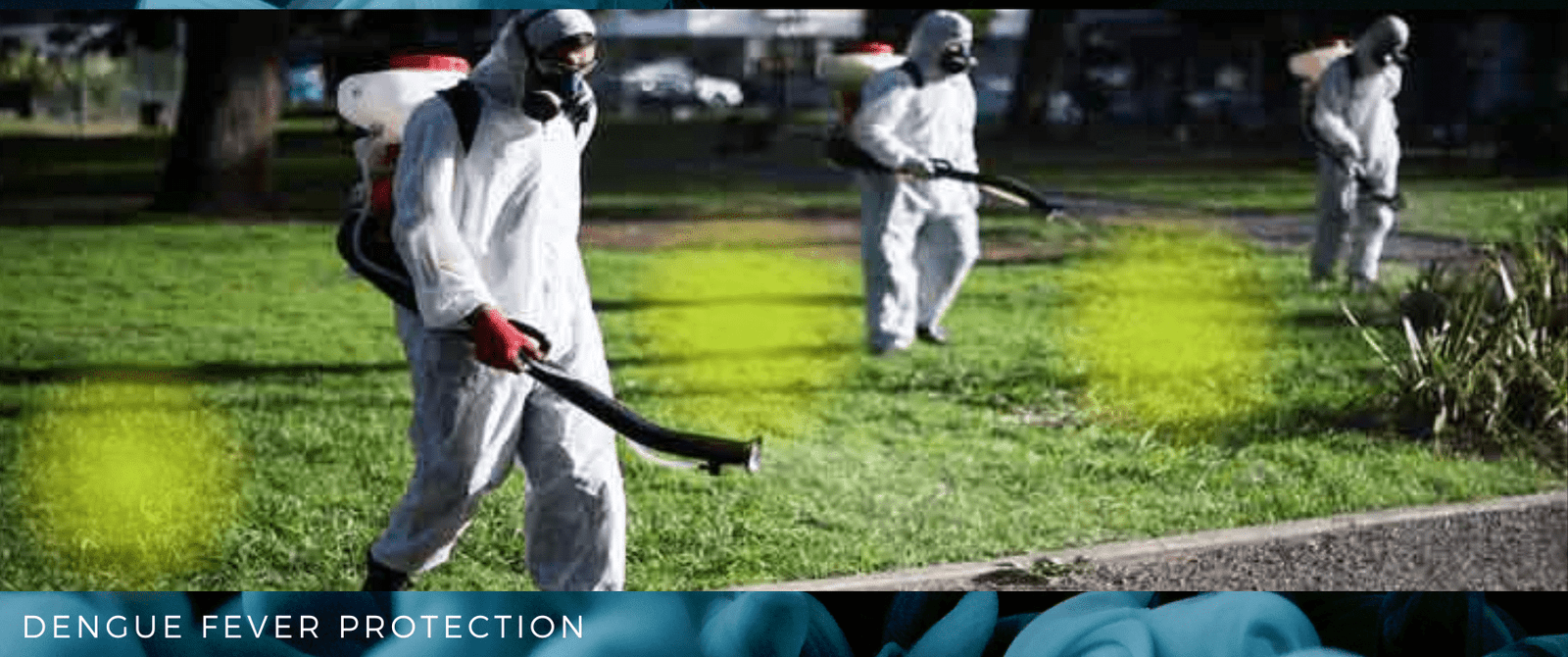” what is dengue symptoms”
What is Dengue?

Detail about in dengue fever viral infection mosquitoes:
Dengue fever, often referred to simply as dengue, is a viral infection transmitted by mosquitoes. It is prevalent in tropical and subtropical regions, primarily in urban and semi-urban areas. The virus responsible for dengue belongs to the Flavivirid family and is transmitted by the Aides mosquito, primarily Aides aegypti.
Transmission of Dengue
Dengue is transmitted to humans through the bite of infected female Aides mosquitoes, mainly Aides aegypti. These mosquitoes are commonly found in urban habitats and breed in stagnant water, making areas with poor sanitation particularly vulnerable to dengue outbreaks.
Symptoms of Dengue
Dengue fever typically manifests with symptoms such as sudden onset of high fever, severe headache, pain behind the eyes, joint and muscle pain, fatigue, nausea, vomiting, and skin rash. In severe cases, dengue can lead to dengue hemorrhagic fever (DHF), characterized by bleeding, low platelet count, and plasma leakage, which can be fatal if not promptly treated.
Fortifying Against Dengue: Prevention Measures
Dengue Prevention Measures
Fortifying Against Dengue: Prevention Measures
Dengue Prevention Measures
Preventing dengue primarily involves controlling mosquito populations and minimizing exposure to mosquito bites. This includes using mosquito repellents, wearing long sleeves and pants, and sleeping under mosquito nets, especially during peak mosquito activity times.
Eliminating Breeding Sites
One of the most effective ways to prevent dengue is to eliminate breeding sites for mosquitoes. This entails regularly emptying containers that collect water, covering water storage containers, and maintaining clean surroundings to reduce the risk of mosquito breeding.
Protective Clothing
Wearing protective clothing, such as long-sleeved shirts and pants, can significantly reduce the risk of mosquito bites, especially during outdoor activities or in areas where mosquitoes are prevalent.
Treatment Options for Dengue
Rest and Hydration
Since there is no particular antiviral therapy for dengue, supportive care is essential. Patients are advised to get plenty of rest and stay hydrated to help alleviate symptoms and prevent complications such as dehydration.
Medication
Over-the-counter pain relievers such as acetaminophen (paracetamol) can help reduce fever and alleviate pain associated with dengue. However, because they raise the risk of bleeding, non-steroidal anti-inflammatory medicines (NSAIDs) such aspirin and ibuprofen should be avoided.
Hospitalization
In severe cases of dengue, especially those leading to DHF, hospitalization may be necessary. Patients may require intravenous fluids to maintain hydration, blood transfusions to replenish platelets, and close monitoring to prevent complications.
Dengue FAQ’s
How is Dengue Diagnosed?
Dengue fever is diagnosed through a combination of clinical symptoms, medical history, and laboratory tests such as blood tests to detect the presence of the dengue virus or antibodies. Dengue fever is diagnosed through a combination of clinical symptoms, medical history, and laboratory tests such as blood tests to detect the presence of the dengue virus or antibodies.
Can Dengue Be Prevented?
While there is no specific vaccine for dengue, preventive measures such as controlling mosquito populations and minimizing exposure to mosquito bites can significantly reduce the risk of infection.
What are the Complications of Dengue?
Complications of dengue can include severe bleeding, organ damage, and shock, especially in cases of DHF. Prompt medical attention is crucial to prevent complications and fatalities.
Is There a Vaccine for Dengue?
Several vaccines for dengue are under development and some have been approved for use in certain countries. However, vaccine availability varies, and preventive measures remain essential in controlling dengue outbreaks.
How Long Does Dengue Fever Last?
The duration of dengue fever varies from person to person but typically lasts for around 2 to 7 days. However, recovery may take several weeks, especially in cases of severe dengue.
Is Dengue Fatal?
While most cases of dengue fever resolve on their own with supportive care, severe dengue can be life-threatening, particularly if not promptly diagnosed and treated.
